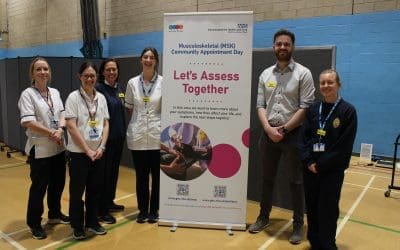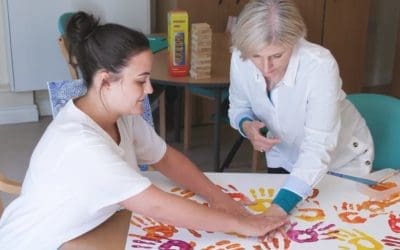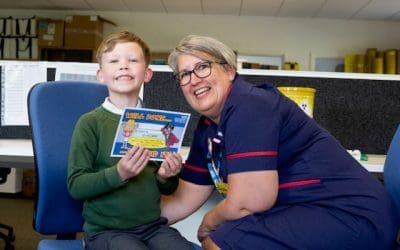Work is continuing in our Trust to introduce an anti-racism framework to ensure patients and carers across all ethnic minority groups receive the best care and services to support their health and wellbeing.
The Patient and Carer Race Equality Framework (PCREF) is being introduced by all NHS mental health providers due to evidence that some ethnic and minority groups are at a disadvantage when it comes to mental health care. This means they are not being given access to some services as much as other people, they are not receiving the same levels of service as others and are not recovering as well as others. This framework provides guidance on things we need to do to help us understand why people don’t receive an equitable level of service or are treated differently depending on their ethnicity. The approach includes working together with local communities and people from ethnic minority groups to help us design action plans and to monitor our progress.
Our work on introducing PCREF began in 2023 and we are now looking to involve more people in the work – to include community groups, patients, carers, Trust members and colleagues.
PCREF lead Derek Hammond, our Deputy Chief Operating Officer for Mental Health and Learning Disabilities, said: “There are clear inequalities in the way people from ethnic minority groups are supported by the health service, both locally and nationally. The Covid pandemic brought this to wider attention, as people from some communities were affected much more severely with a higher number of deaths. These inequalities impact people with all kinds of health needs, including mental health. In our Trust, we provide mental and physical health and learning disability hospital and community services, so whilst PCREF has been designed to improve mental health services, we think that the approach can be adopted for all our services. We know we need to make changes, and we need to work collectively to make sure we do the right things that improve people’s experience.”
What we have done so far
- We have improved our reporting of data through an ethnicity lens which means we can more easily spot anomalies
- We have focused on improving recording of ethnicity data through a range of mechanisms
- We have linked in with national mental health providers to share steps they have taken to promote and improve engagement with racialised communities
- We are promoting Cultural Competence Training for Trust staff
- We have supported the reciprocal mentoring programme
Get Involved
We are inviting anyone with an interest in supporting this work to get in touch so that we can ensure everything we do is developed with the communities we serve as well as those who work within our services. To find out how you can support us, email partnership@ghc.nhs.uk and we will be in touch with the next steps.
Find out more about PCREF and its background here: NHS England » Patient and carer race equality framework




